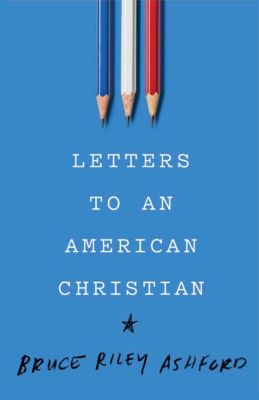Earlier this week, New York City Mayor Bill de Blasio threatened to permanently close places of worship that resist the city’s order to pause services during the coronavirus outbreak.
De Blasio mentioned that a “small number” of religious communities had ignored his order to pause services and that such defiance of the law could lead to a permanent shuttering of those communities. Such defiance could lead to “closing the building permanently.”
How should churches respond to such a threat?
The first thing to say is that churches and other houses of worship should respond positively to the government mandate to temporarily cease services. Governing authorities are within their rights to mandate a temporary cessation in order to protect other citizens from the coronavirus. And, as this article argues, churches should love their members and neighbors enough to comply with the mandate.
That said, de Blasio’s threat is unconstitutional. It is a blatant violation of the Constitution’s “free exercise of religion” clause. If de Blasio followed through on his threat, churches and other houses of worship would presumably be vindicated in court.
Speaking on behalf the nation’s premier law firm devoted to defense of the free exercise clause, Attorney Trey Dimsdale argued that there are three criteria by which a temporary shuttering of churches may be considered legal.
The shuttering must be temporary. It must be broadly applicable to other organizations such as businesses, parks, and playgrounds. And, finally, it must be narrowly tailored, meaning that it must accomplish the legitimate state goal of slowing the virus’s spread in a way that is the least burdensome to the church.
De Blasio’s threat violates the first criterion; his threat is to close houses of worship permanently rather than temporarily.
How should a church respond if de Blasio takes action to close them?
Legally, the wisest thing to do is to get a law firm such as First Liberty. Ultimately, the mechanism of law is shutting down the church and only in a court can the problem be solved.
Theologically, two things must be acknowledged.
First, there is no good reason for a house of worship to violate the government’s request to temporarily pause services during a pandemic.
State and local governments are trying to ensure the safety of the individuals and communities under their jurisdiction. Together with epidemiologists, medical specialists, and other advisers, they have determined it best to briefly suspend public gatherings of a certain size.
In this fallen world, God mediates His rule through earthly governments who can guard public safety by shuttering public gatherings temporarily.
The best thing for churches to do, therefore, is to follow the guidelines given by our national, state, and local governments. We should thank them, actually, and recognize that their actions help protect us—especially the weaker or more vulnerable among us—so that we can worship for many more years to come.
Second, if the time ever came that governing authorities tried to shutter houses of worship permanently, the proper response would be, “No, we will not discontinue our corporate worship. We can and must find ways to meet corporately, even if that means gathering more covertly into house churches.”
What about the mayor’s threat?
So, what should we make of de Blasio’s threat to shutter them permanently if they flout his mandate?
On the one hand, we should view it as an unconstitutional and empty threat that can, and most likely would, be vindicated in the courts.
On the other hand, we should heed the governing authorities’ mandate to pause services. We should promote the common good by observing the Lord’s Day in our homes. And we should hope and pray that this short-term “pause” will eventuate in the long-term physical health of many people to which the church can minister spiritually for years to come.


